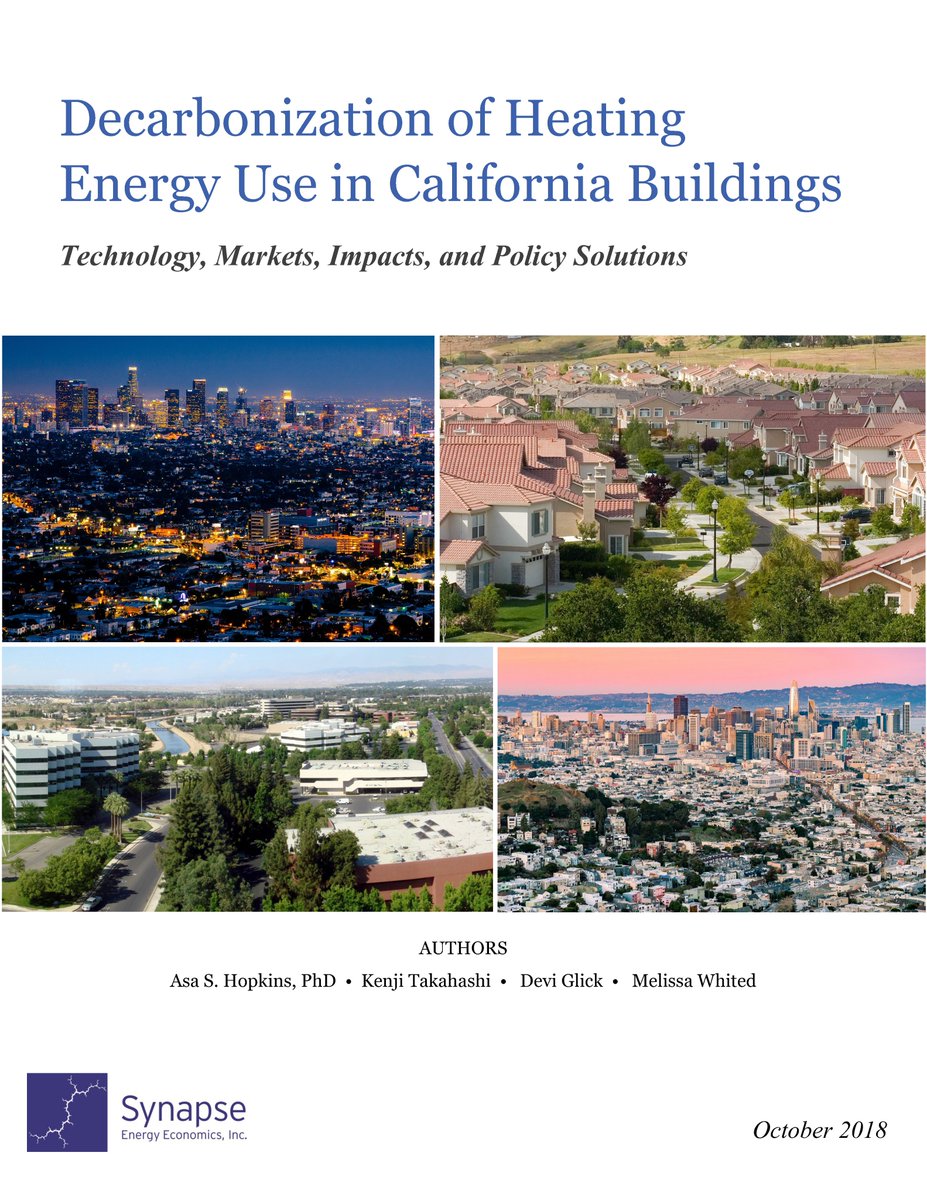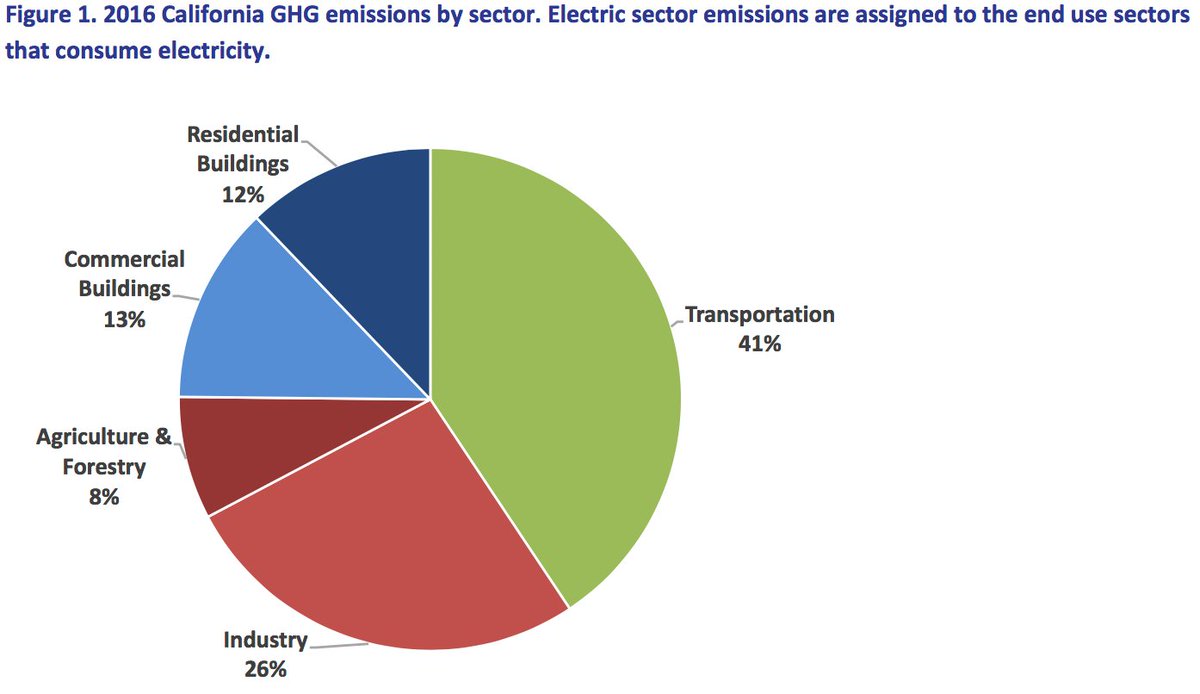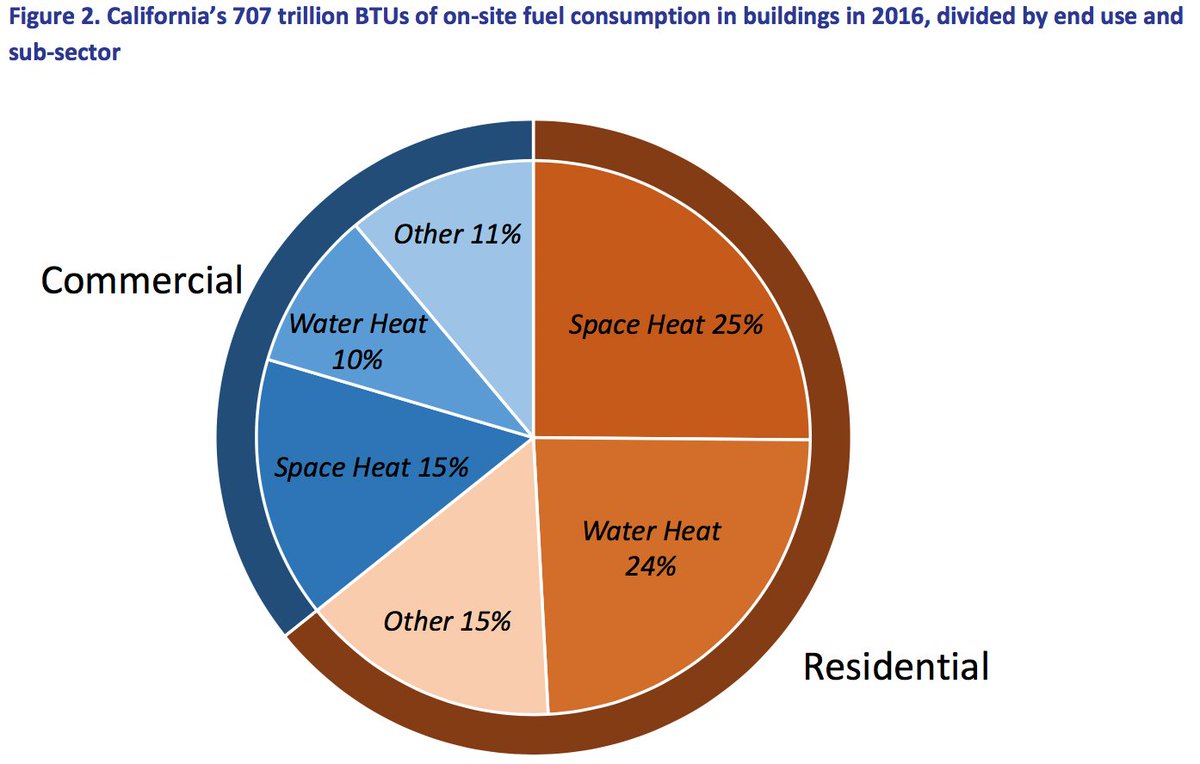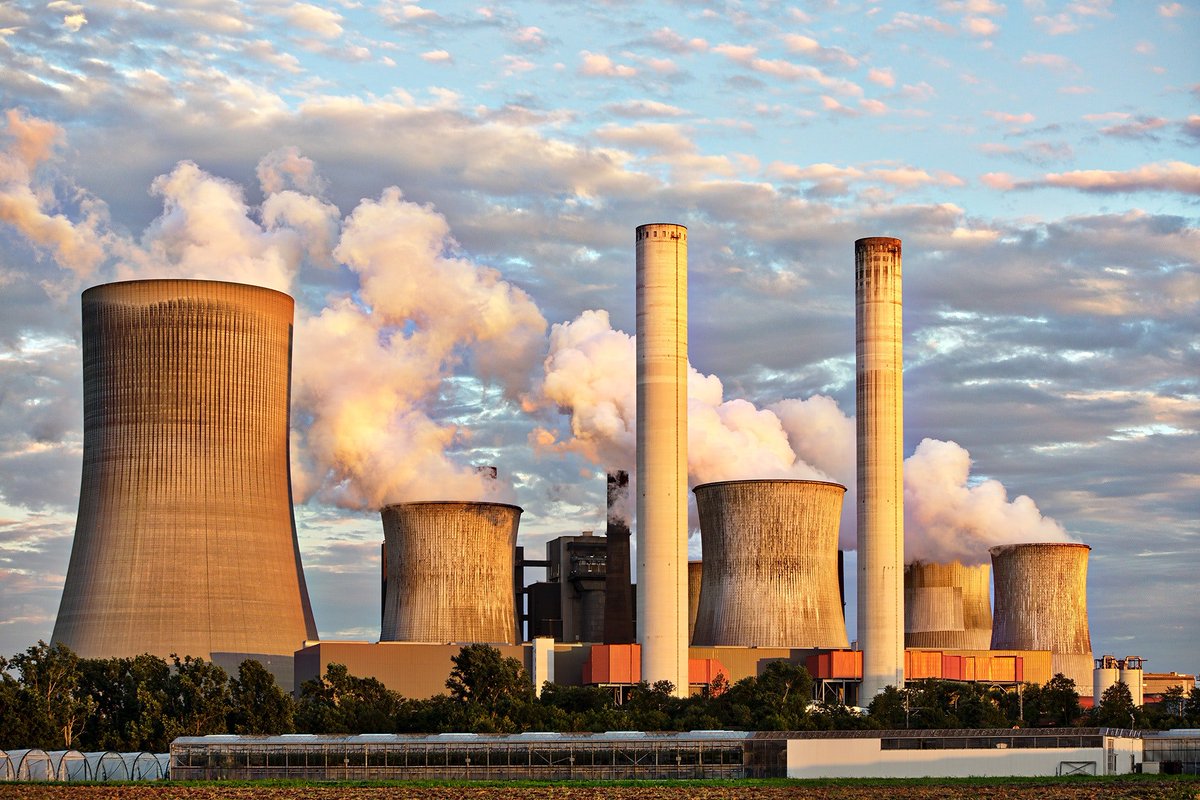In the absence of a price on carbon, the operation of grid-scale energy storage tends to increase GHG emissions, not decrease them. We propose a market rule to mitigate this effect: an Emissions Neutrality Constraint.
ieeexplore.ieee.org/document/88448…










